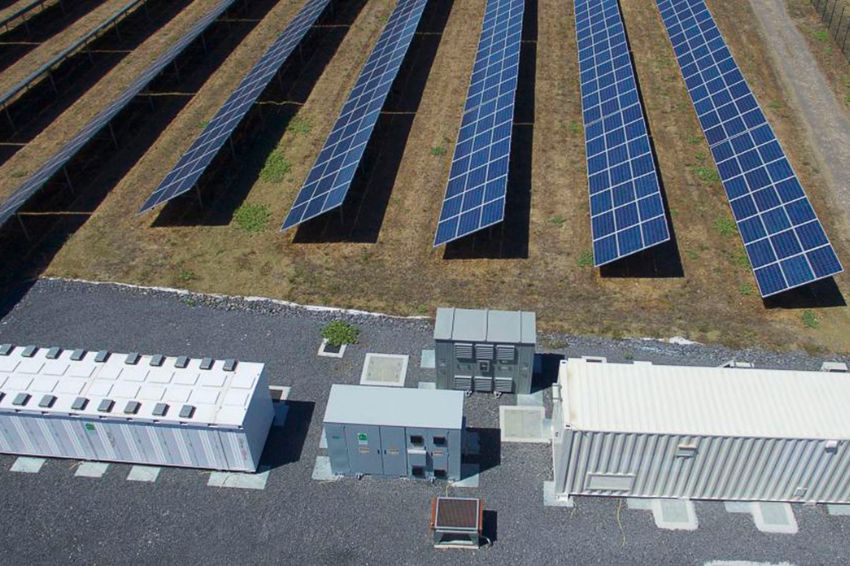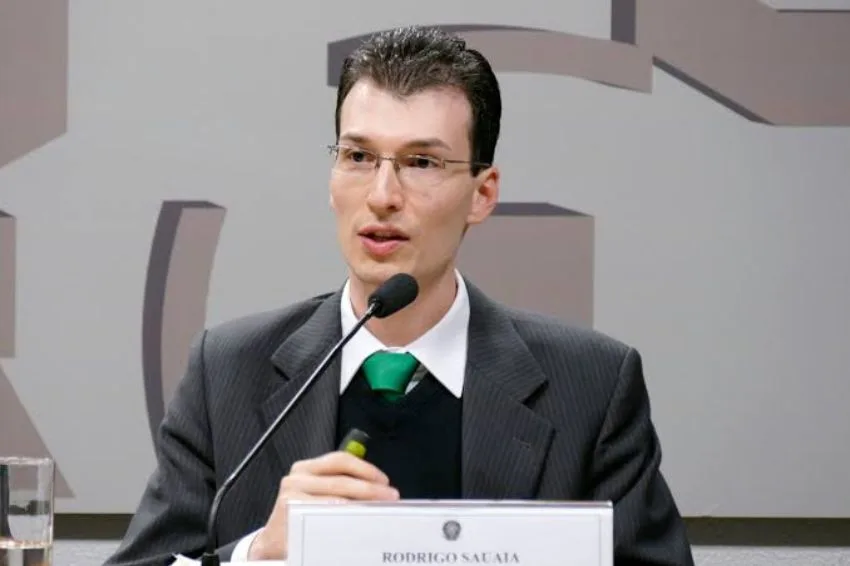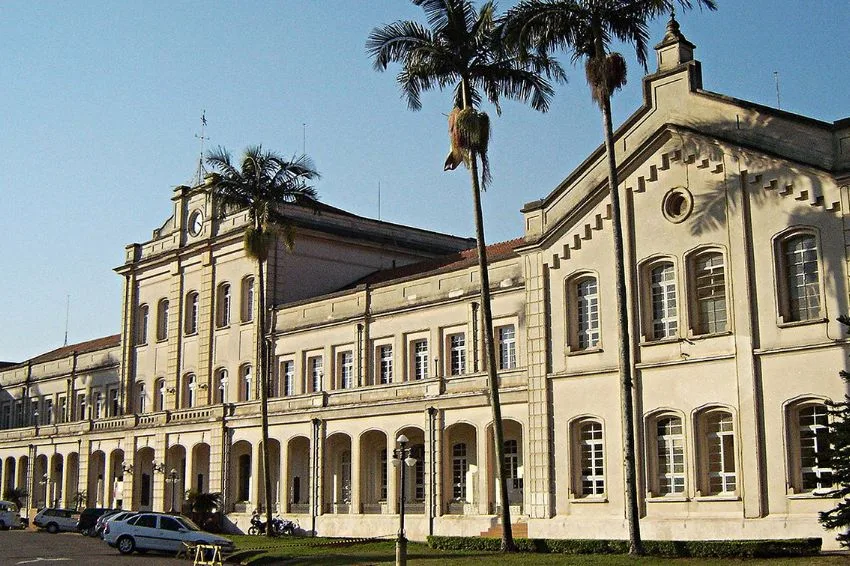In the midst of concerns increasing concerns about the stability and reliability of electrical energy supply in Brazil, the search for solar energy systems combined with batteries of storage has grown this year in the country.
Only on the basis of Bonö Group, a holding that brings together several companies in the energy sector value chain in Brazil, the increase in demand for batteries was on the order of 20% from January to July this year, both from companies installing solar panels in homes and businesses and from end consumers themselves.
A expectation of the company, in fact, is that the demand increases even further after the episode of blackout on the electricity grid, which occurred this Tuesday (15), which affected 25 Brazilian states and the Federal District.
“By combining the use of solar systems on rooftops with storage technologies, consumers gain autonomy and security of energy supply, both in homes and in businesses and rural properties, no longer depending exclusively on the electricity grid”, said Marcelo Abuhamad , CEO of the Bonö Group.
Read more:
-
SIN failure generates blackout and leaves several states without power;
-
Consumers with solar energy and batteries do not suffer from blackouts;
-
How does load selection work in hybrid PV systems?
For the executive, the battery scale gain and the consequent price drop will promote, in the coming years, a paradigm shift in the electricity sector, allowing consumers to become active actors in energy production.
“In a scenario of increased energy demand, climate instability and precarious infrastructure, blackouts have become a recurring concern. Distributed generation combined with batteries offers an efficient alternative to Brazilians”, he highlighted.
Flow reversal
In addition to the reduction in battery prices and the population's fear regarding possible new blackouts, another factor that should boost the demand for photovoltaic systems with batteries are the problems that have been registered by distributors in relation to inversion of power flow.
According to the concessionaires, the injection of surplus energy into the grid by DG (distributed generation) consumers has generated a reversal of the flow in their transformation stations and in the substation feeders.
This caused companies, such as Cemig and the CPFL Group, to deny some of the requests to connect photovoltaic plants and define other alternatives for injecting energy into the grid.
















